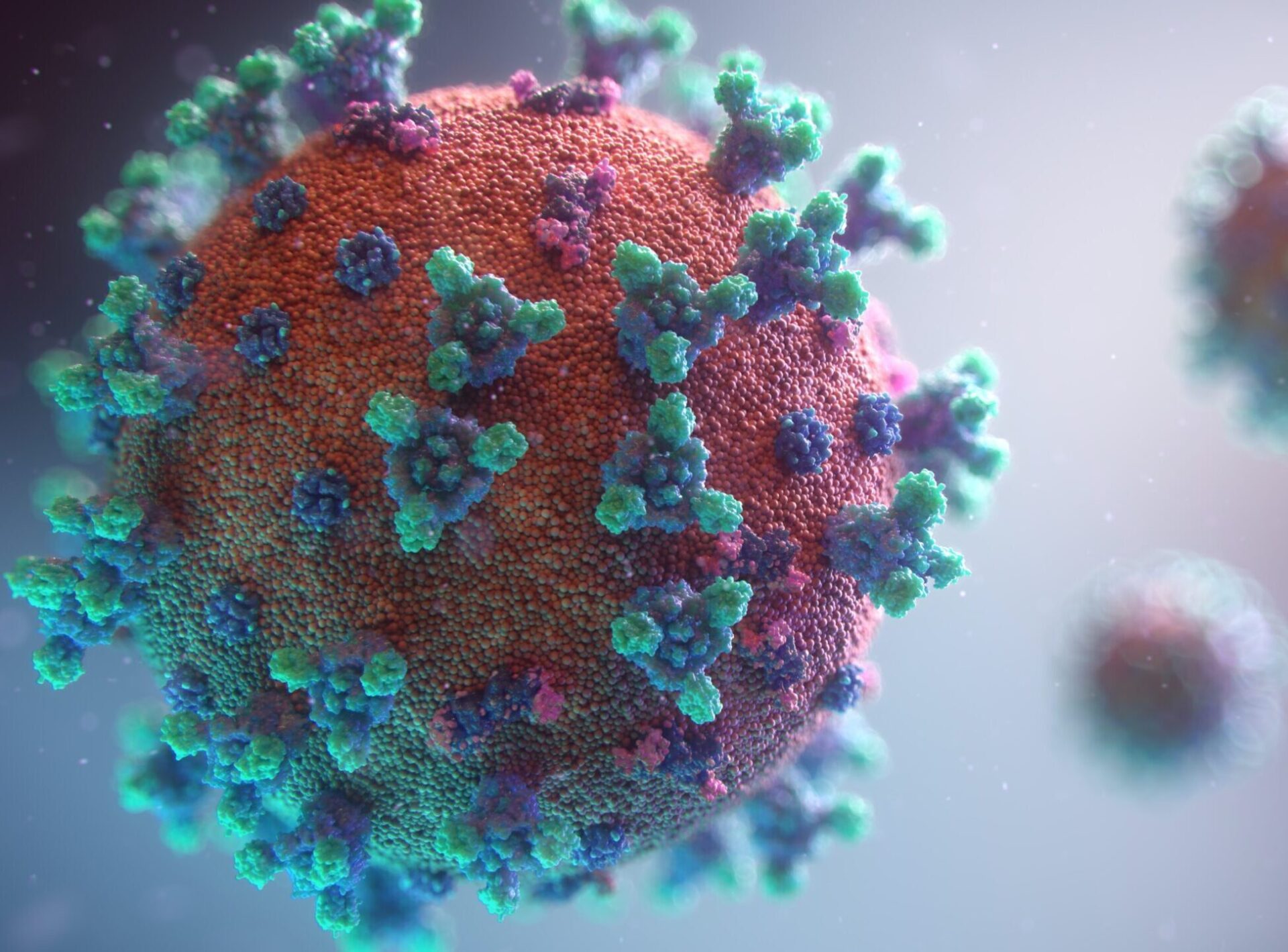The COVID-19 pandemic has clearly demonstrated the importance of surveillance data in detecting and responding to an infectious disease event. Disease surveillance data is currently a mélange of types and sources, of differing validity and usefulness. Today, the primary source of surveillance data are healthcare providers, laboratories, and local health departments. However, relying on these sources alone can miss events in populations that may not be able to access quality healthcare. There are myriad proposals for using new technologies, but few that integrate critical humans who can interpret data and find the signal in the noise that requires action. There is no comprehensive structure for rapidly and equitably collecting and analyzing data needed to extract actionable insights that will inform decision-making to mount a robust response. But even more critical are many disincentives – economic and political – that prevent transparent sharing of essential data from traditional and nontraditional sources. It is vital that emerging and re-emerging infectious diseases with outbreak and pandemic potential can be identified faster. Time matters. Delays lead to loss of lives as well as economical and societal disruption.
Register for Updates
Would you like to receive updates on the Global Solutions Initiative, upcoming events, G7 and G20-related developments and the future of multilateralism? Then subscribe here!
1 You hereby agree that the personal data provided may be used for the purpose of updates on the Global Solutions Initiative by the Global Solutions Initiative Foundation gemeinnützige GmbH. Your consent is revocable at any time (by e-mail to contact@global-solutions-initiative.org or to the contact data given in the imprint). The update is sent in accordance with the privacy policy and to advertise the Global Solutions Initiative’s own products and services.









